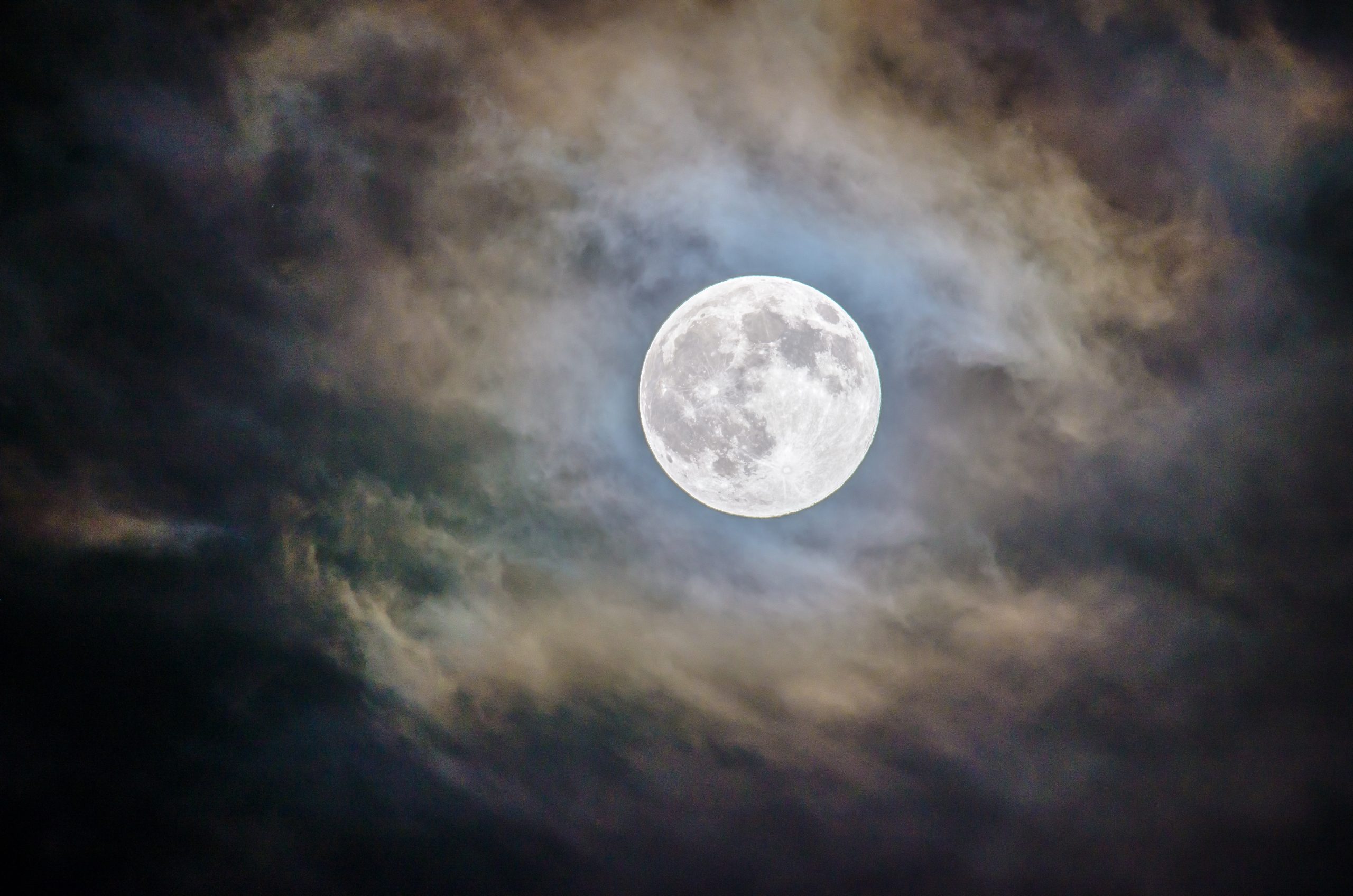How Does the Moon Affect Sleep?
The moon has long been a subject of fascination and intrigue. Its ethereal glow and mysterious presence in the night sky have inspired countless myths, stories, and even songs. But did you know that the moon may also have an impact on our sleep patterns?
For centuries, people have believed in the influence of the moon on various aspects of life, including agriculture, human behavior, and even werewolves. While some of these beliefs may be steeped in superstition and folklore, recent scientific studies have shed light on the potential connection between lunar cycles and sleep.
Lunar Cycles and Sleep
The moon operates on a 29.5-day cycle, transitioning through various phases from new moon to full moon and back again. Despite the lack of concrete evidence, many people claim to experience changes in their sleep during different lunar phases. Here are some of the ways in which the moon could potentially affect our sleep:
- Sleep Duration: Some individuals report longer or shorter sleep durations during specific lunar phases. While evidence is anecdotal, it is believed that the brightness of a full moon may disturb sleep, leading to shorter overall sleep duration.
- Sleep Quality: Bright moonlight can affect the quality of sleep by disrupting the body’s natural melatonin production. Melatonin is a hormone that helps regulate sleep-wake cycles, and any disruption in its production can result in restless or poor-quality sleep.
- REM Sleep: Rapid Eye Movement (REM) sleep is a crucial stage of the sleep cycle associated with dreaming and memory consolidation. Some studies suggest that lunar phases may influence the intensity and duration of REM sleep, potentially leading to more vivid dreams or disturbances during this sleep stage.
The Science Behind Lunar Influence on Sleep
While the idea of the moon affecting sleep may sound intriguing, is there any scientific basis for this claim? Researchers have explored several possible mechanisms that could explain the potential impact of lunar cycles on sleep:
| Possible Mechanism | Description |
|---|---|
| Brightness: | Moonlight can impact sleep by increasing the overall brightness in the bedroom. Exposure to bright light, especially during the night, can suppress the release of melatonin, making it more difficult to fall asleep and stay asleep. |
| Gravity: | Given the moon’s gravitational pull on Earth, some experts hypothesize that lunar phases could influence the distribution of body fluids, potentially affecting sleep quality. However, this theory remains speculative, and further research is needed. |
| Psychological Factors: | The belief in the moon’s influence on sleep can also have a psychological impact. A phenomenon known as the placebo effect may lead individuals who believe in lunar sleep disturbances to experience actual changes in their sleep patterns. |
Research Findings and Controversies
Several studies have attempted to investigate the relationship between lunar phases and sleep. However, their findings have been inconclusive, and the topic remains controversial within the scientific community.
One study conducted at the University of Basel in Switzerland found that participants took an average of five minutes longer to fall asleep during the full moon phase. However, the study sample was small, and the findings have not been widely replicated.
Another study published in the journal Current Biology involved analyzing the sleep patterns of participants in a sleep laboratory. It found no correlation between lunar phases and sleep quality or duration. However, this study also had limitations, such as a small sample size and a controlled laboratory environment that may not reflect real-life conditions.
Despite the lack of consensus, some researchers argue that individual differences and external factors, such as noise, light pollution, and personal sleep habits, may play a more significant role in sleep disturbances than lunar cycles.
Practical Tips for Better Sleep
Whether you believe in the moon’s influence on sleep or not, improving sleep hygiene and adopting healthy sleep habits can benefit your overall sleep quality. Here are a few practical tips:
- Avoid exposure to bright light, including moonlight, before bedtime.
- Create a calm and comfortable sleep environment by reducing noise, controlling room temperature, and using blackout curtains or blinds to minimize external light.
- Establish a regular sleep schedule, aiming for consistent wake-up and bedtime routines.
- Engage in relaxation techniques, such as meditation or deep breathing exercises, to promote better sleep.
- Avoid stimulants, such as caffeine and electronic devices, before bedtime.
- Ensure your sleep environment is free from distractions and limit psychoactive substances, such as alcohol or sleep aids, which can disrupt natural sleep patterns.
Conclusion
The moon’s potential influence on sleep is an intriguing subject that has captivated human curiosity for centuries. While scientific studies have yet to provide definitive evidence of a connection between lunar cycles and sleep, many individuals continue to report changes in their sleep patterns during different moon phases. Regardless of the moon’s impact, focusing on good sleep hygiene and healthy sleep habits remains key to getting a restful night’s sleep.
Table of Contents
